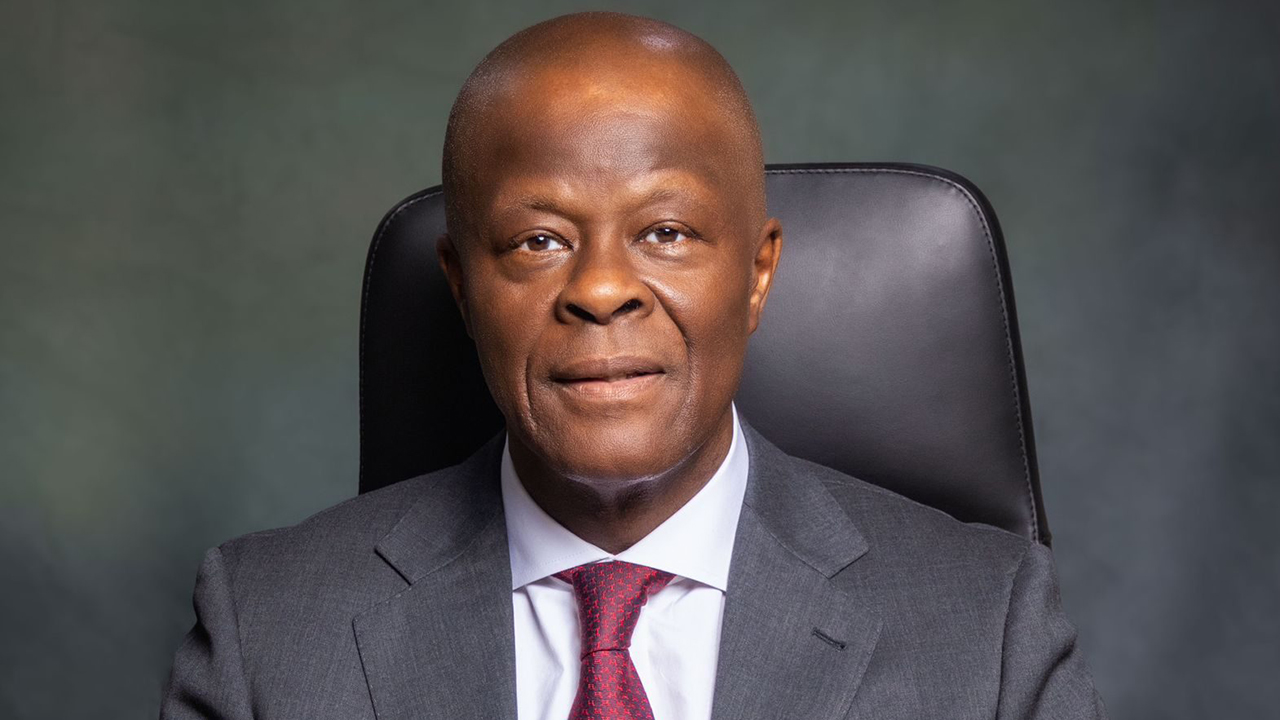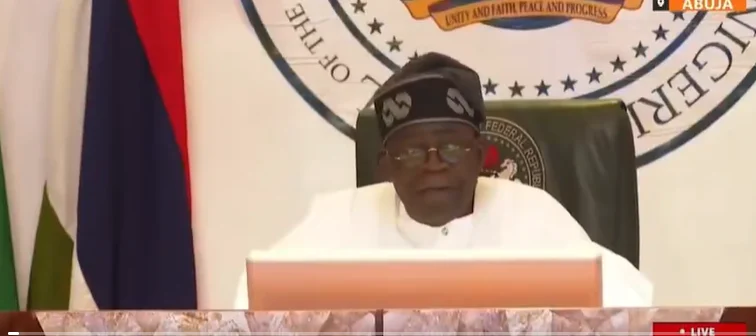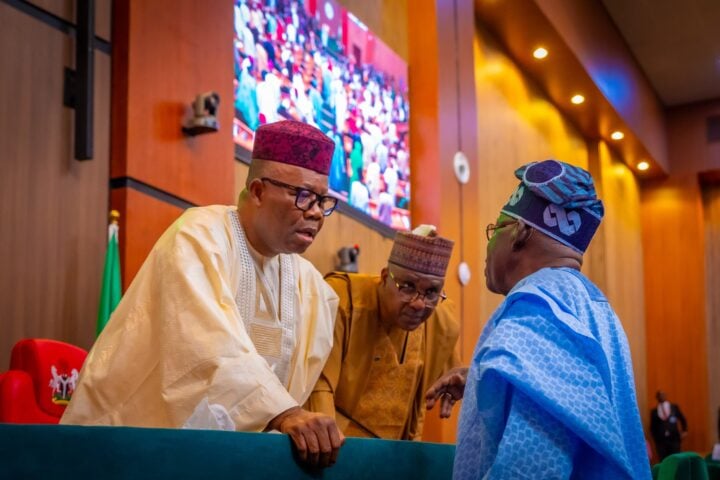Finance Minister Wale Edun and Taiwo Oyedele, Chairman of the Presidential Committee on Fiscal Policy and Tax Reforms, have addressed growing public concern over reports of a proposed 5% fuel surcharge, clarifying that there is no plan to implement the policy in January 2026. Their statements come amid rising anxiety about inflation and cost-of-living increases, which many feared would be worsened by the proposed surcharge.
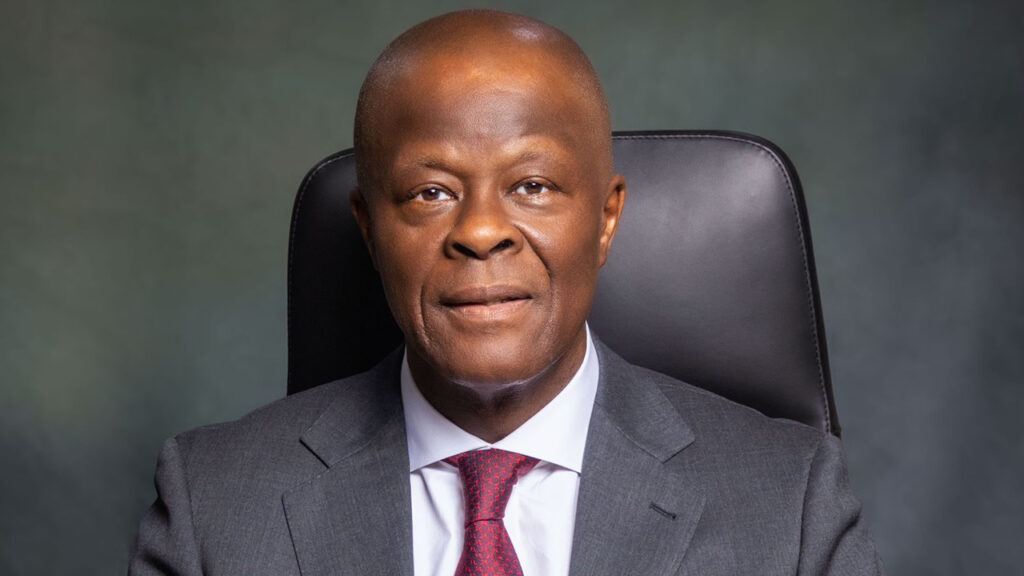
In their clarification, both officials explained that while the 5% fuel surcharge is referenced in the recently signed 2025 Tax Reform Act, it will not come into effect automatically at the start of the new fiscal year. According to them, implementation will require a formal order from the Minister of Finance, which must be published in the official government gazette. Without this formal step, the surcharge has no legal basis to be applied, regardless of its inclusion in the Act.
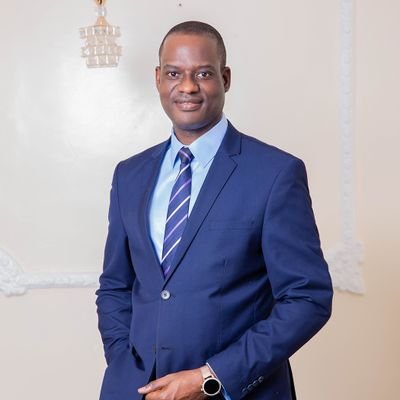
Edun and Oyedele also emphasized that the fuel surcharge is not a new tax introduced by the current administration. Rather, it is a provision that already existed under the Federal Roads Maintenance Agency (FERMA) Amendment Act of 2007. The purpose of referencing it in the new tax legislation, they explained, is to harmonize Nigeria’s fiscal framework, promote transparency, and ensure consistency in legal tax instruments. The inclusion, therefore, does not signal immediate activation or enforcement.
Moreover, the officials explained that the proposed surcharge is intended to serve a specific purpose: funding road and transport infrastructure. The revenue generated from the charge, if eventually implemented, would be ringfenced—dedicated exclusively to maintaining and expanding the country’s road networks and transportation systems. This, they argue, will help reduce logistics costs, improve road safety, and ultimately help ease the burden of high transportation costs on the average Nigerian.
Both Edun and Oyedele assured the public that any decision to activate the surcharge would only be taken when it is economically prudent and socially responsible to do so. They acknowledged the economic hardship currently being faced by many Nigerians and stressed that the government is committed to ensuring that no additional burden is placed on citizens without careful consideration and timing.
In essence, the federal government has confirmed that there will be no 5% fuel surcharge starting in January 2026, and that no timeline has been set for its implementation. The clarification aims to reassure Nigerians that no new cost will be added to fuel prices in the immediate future, and that any such move will follow a legal and transparent process.
This announcement is expected to ease public fears and provide breathing room for households already grappling with high inflation and economic uncertainty. The government has also reiterated its broader commitment to infrastructure development, but insists it will be done in a way that balances revenue generation with public welfare.

